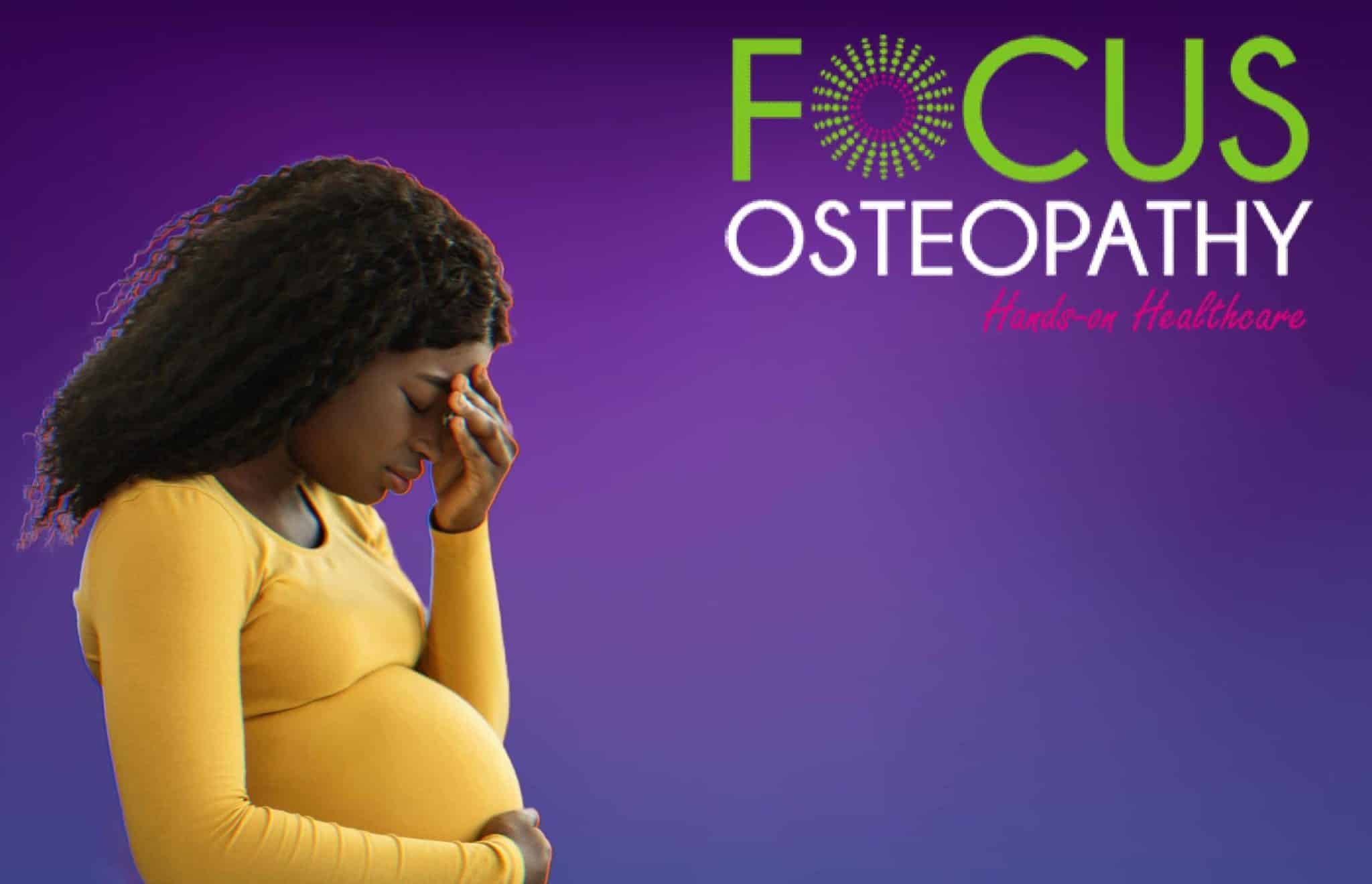Pregnancy And Migraines – What’s The Link?
When you’ve got a little one on the way, the last thing you want is to wake up with the horrific pain that a migraine brings. Unfortunately, for lots of expectant mothers, this is a harsh reality. Migraines during pregnancy, or even postpartum, can be incredibly debilitating, transforming what should be a beautiful journey into … Read more



